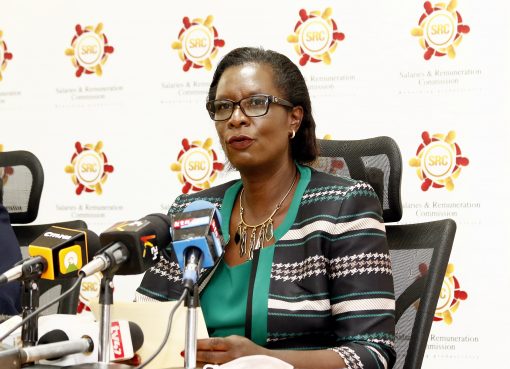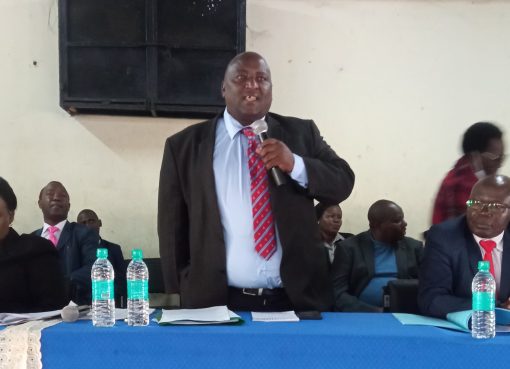The State Department for Gender and Affirmative Action has launched a National Gender and Climate Vulnerabilities Hotspot Mapping.
The launch marks a significant milestone in Kenya’s efforts towards effectively addressing the impacts of climate change, particularly for vulnerable groups, in a bid to promote gender responsive planning and decision making in her response to climate change.
Speaking at the event in Nairobi, the Principal Secretary (PS) State Department for Gender and Affirmative Action Veronica Nduva said that the impact of climate change on vulnerable groups, particularly women and girls, could not be overstated.
Nduva revealed that without sex-disaggregated data, it was difficult to fully understand the gendered impacts of climate change and design effective climate policies and programmes that respond to specific needs and concerns of men and women of different intersections.
She added that data is important in climate action because it enables policymakers and other stakeholders to identify appropriate policies and programmes based on actual needs.
“I am therefore excited that this mapping exercise will aid in providing data for implementation of some of the government’s nine-point agenda for women, particularly aspects around a clean, safe environment and energy sources as well as secure land rights for all among others,” stated Nduva.
The PS confirmed the hosting of the upcoming Africa Climate Summit here in Kenya from September 4 – 6 this year as well as the country’s participation at the COP 28 in Dubai the following month.
Further, Nduva said that the State Department for Gender and Affirmative Action would soon develop a national Gender and Climate Action Plan, whose content would benefit greatly from this mapping exercise.
She also appreciated the African Group of Negotiators Expert Support (AGNES) for selecting Kenya to be one of the few countries in Africa to pioneer this exercise alongside Botswana and Uganda.
“I believe that undertaking this exercise concurrently will provide opportunities for cross learning and experience sharing for the good of our nations,” Nduva reiterated.
In his remarks, Dr George Wamakoya, the team lead AGNES, said that it is a requirement to domesticate the Gender Action Plan in order to access and catalyse climate finance since this would be difficult to raise the latter without domesticating the international policy.
“Therefore, the aim of this work is to help domesticate the Gender Action Plan at the policy level and also at the county level,” he added.
By Emma Jolly Wambui





